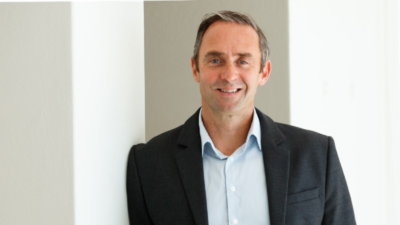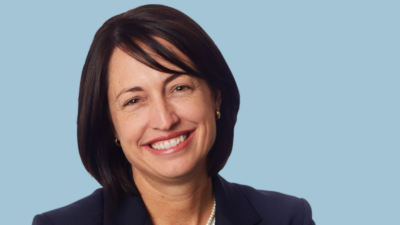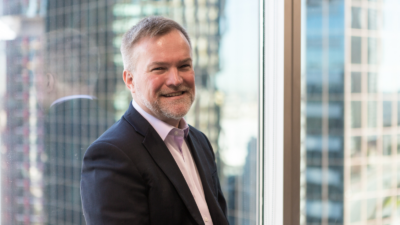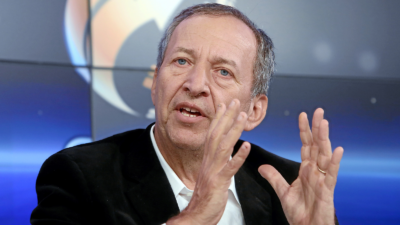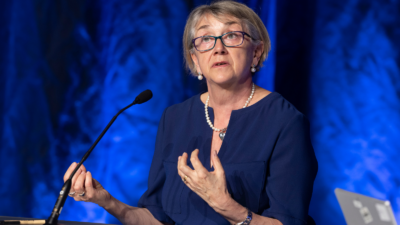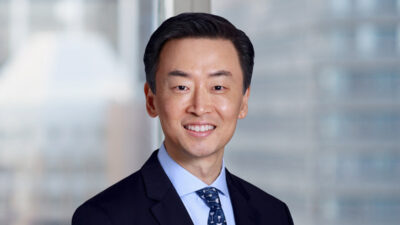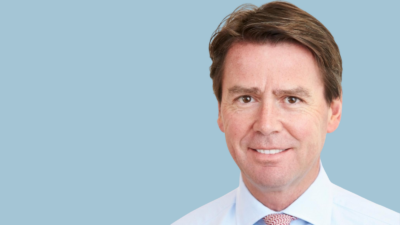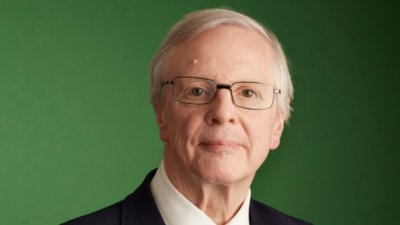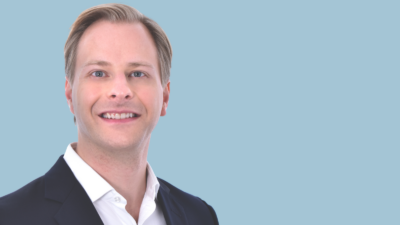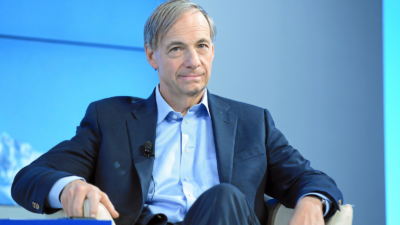It’s not quite over, but the dislocation in equity markets and forced selling is leaving plenty of bargains on the floor. Super fund CIOs will be particularly glad for “the strongest tool in their kitbag”.
As super funds swell to gargantuan size and downward fee pressure intensifies the heat will be on all funds to rein in significantly outsourced investment models.
One number will never tell the whole story, and a new and improved performance test could comprise as many as nine metrics, according to Chant West. This time around, Treasury is actually listening.
For all the risks that lie up ahead, the market is pricing very few of them in. But the situation in the United Kingdom should be a warning to investors of the “accidents” that may come.
Passing the performance test is no excuse for not merging, according to APRA, and the prudential regulator will still be giving small funds the nudge to consolidate where they feel their size isn’t sustainable.
The complexities of investing in the emerging markets set have been compounded by the Your Future Your Super test. But they’re still a more likely source of growth than their developed market counterparts.
Hedge funds are increasingly confident that investors will see the worth of their strategies. But they’ll likely experience further declines in FUM and performance before a global “bounce back”.
As a forty-year long bull run fuelled by cheap money screams to a stop, markets are at an inflection point. This time really could be different.
As consolidation gathers pace and big super funds move their investments offshore, it will likely be the biggest private markets managers that benefit. But Your Future Your Super presents a unique set of challenges that can’t be easily overcome.
After 47 years at the helm of the hedge fund he founded, Ray Dalio is giving up day-to-day investment management. But perhaps more surprising is his newfound appreciation for cash.


